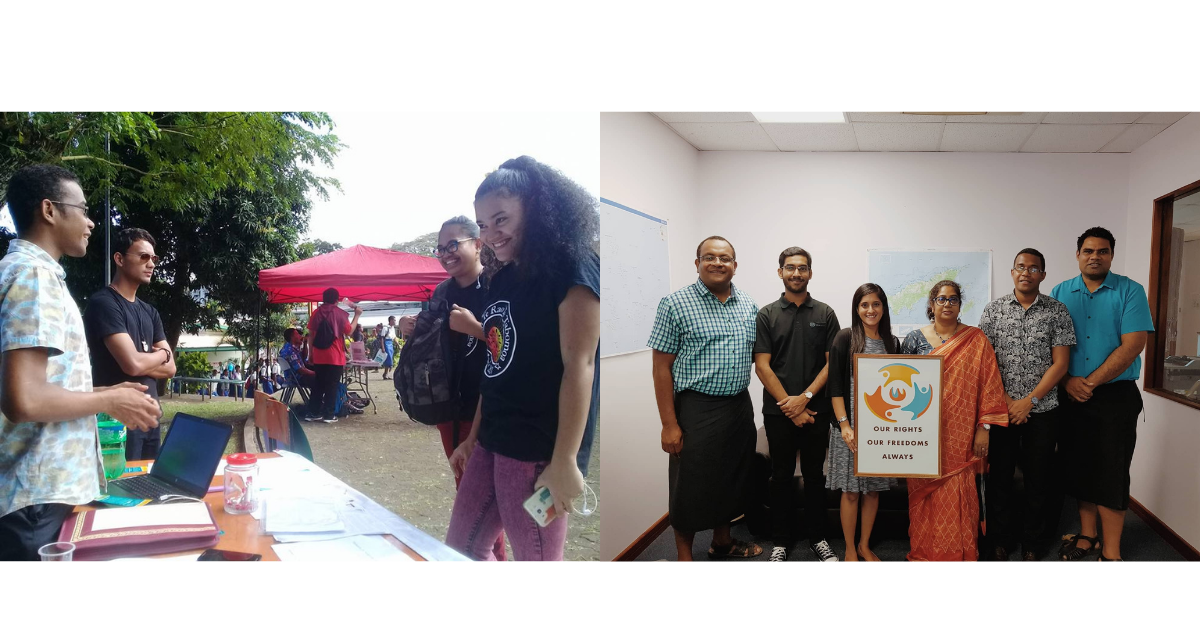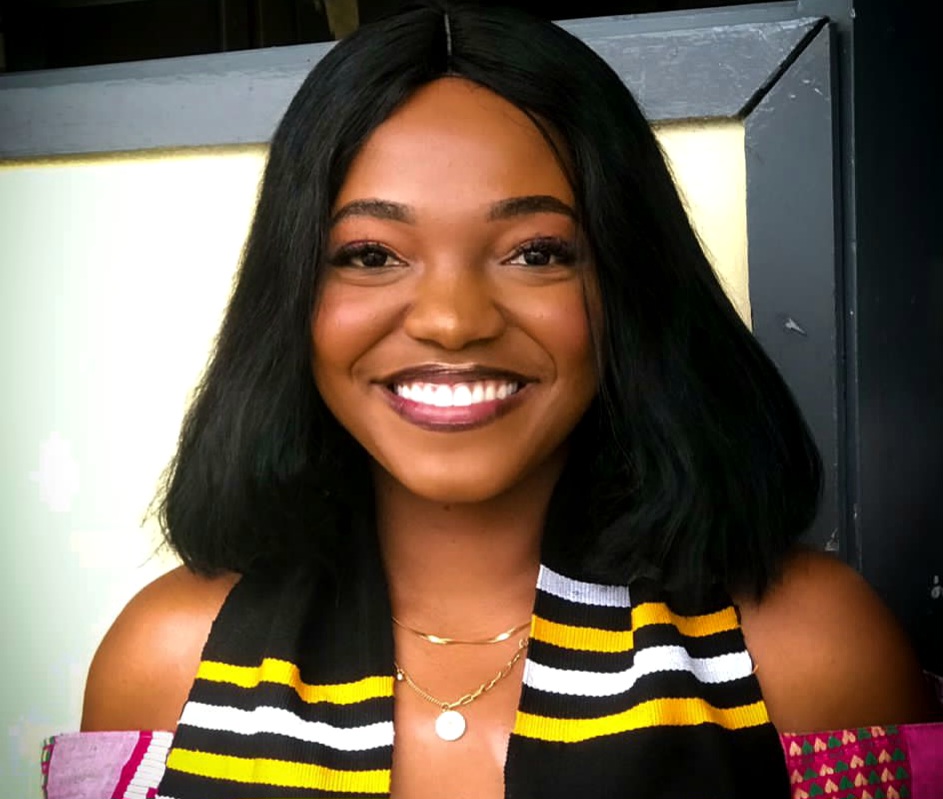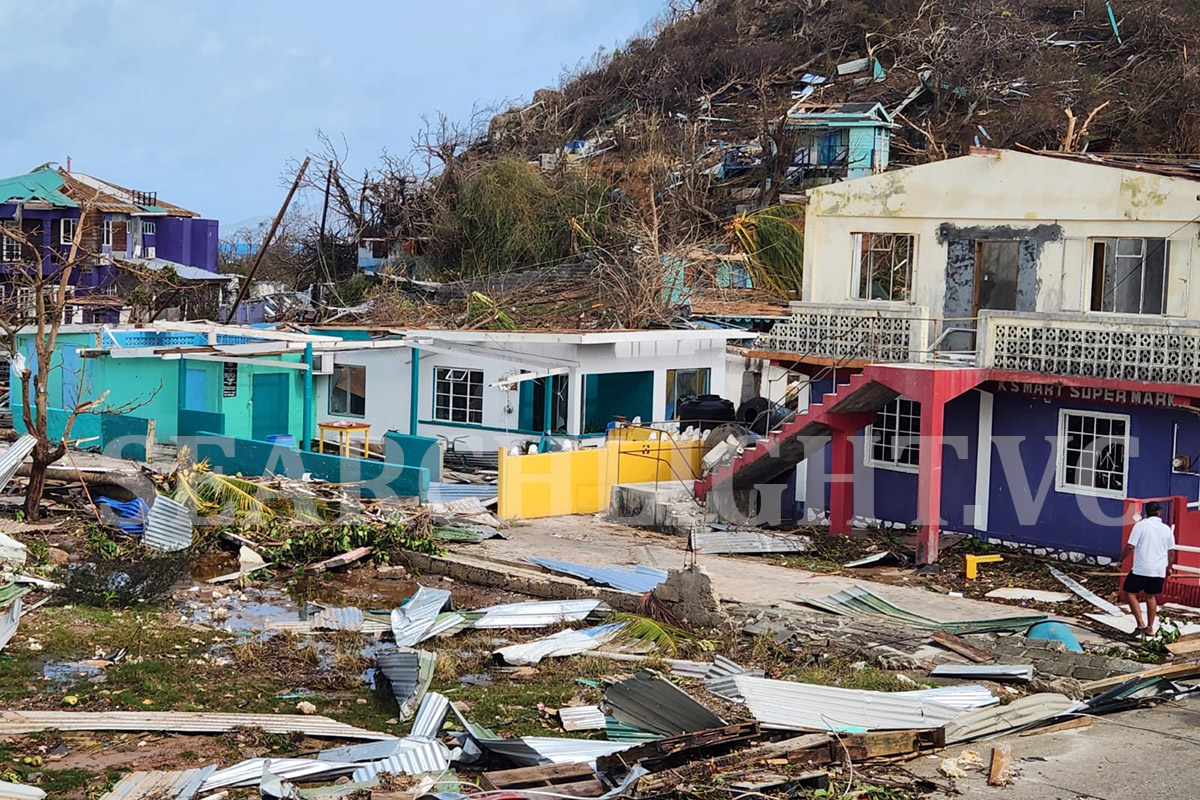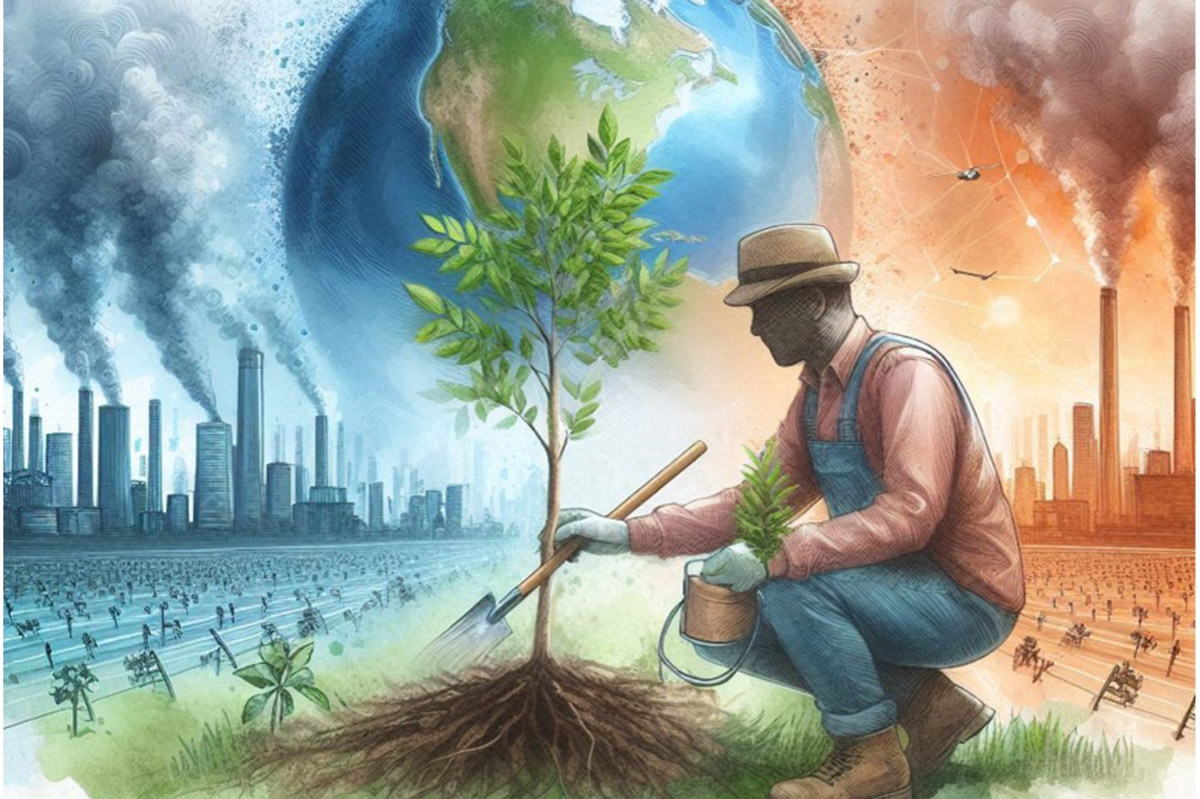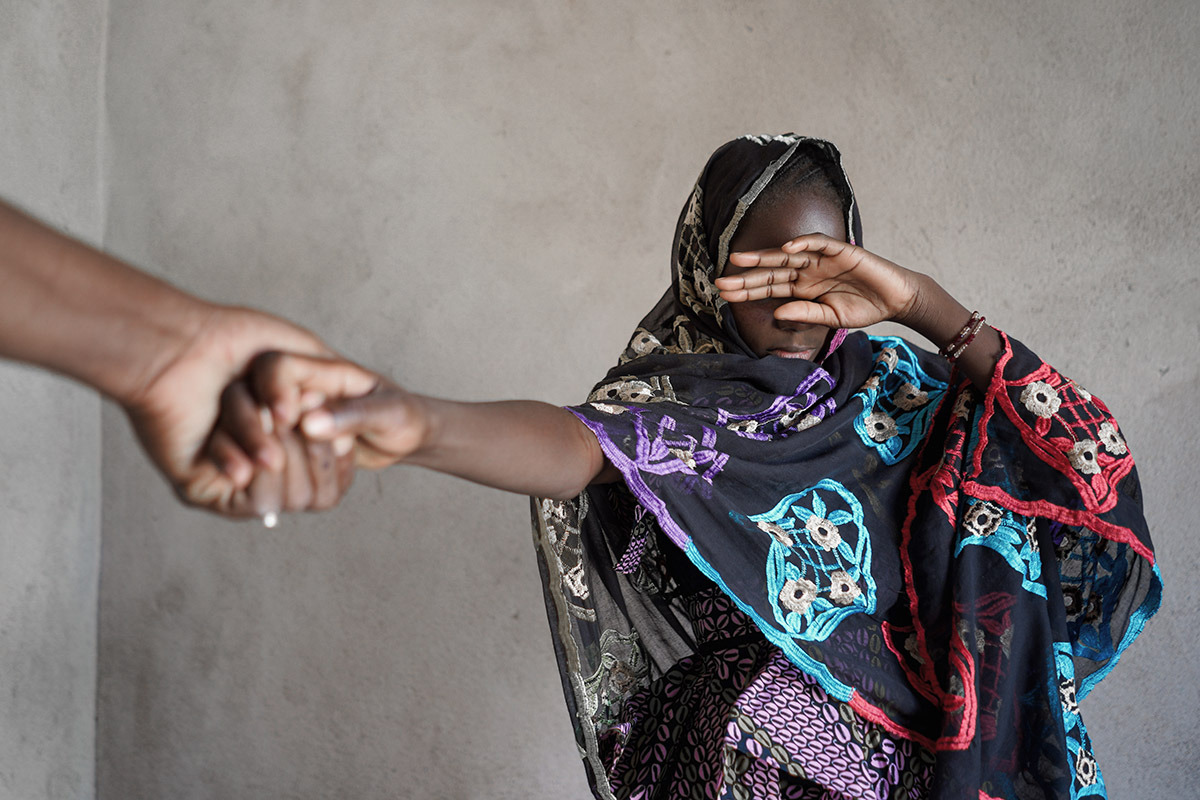Adversity fuels one Fijian youth’s fight for climate justice
May 19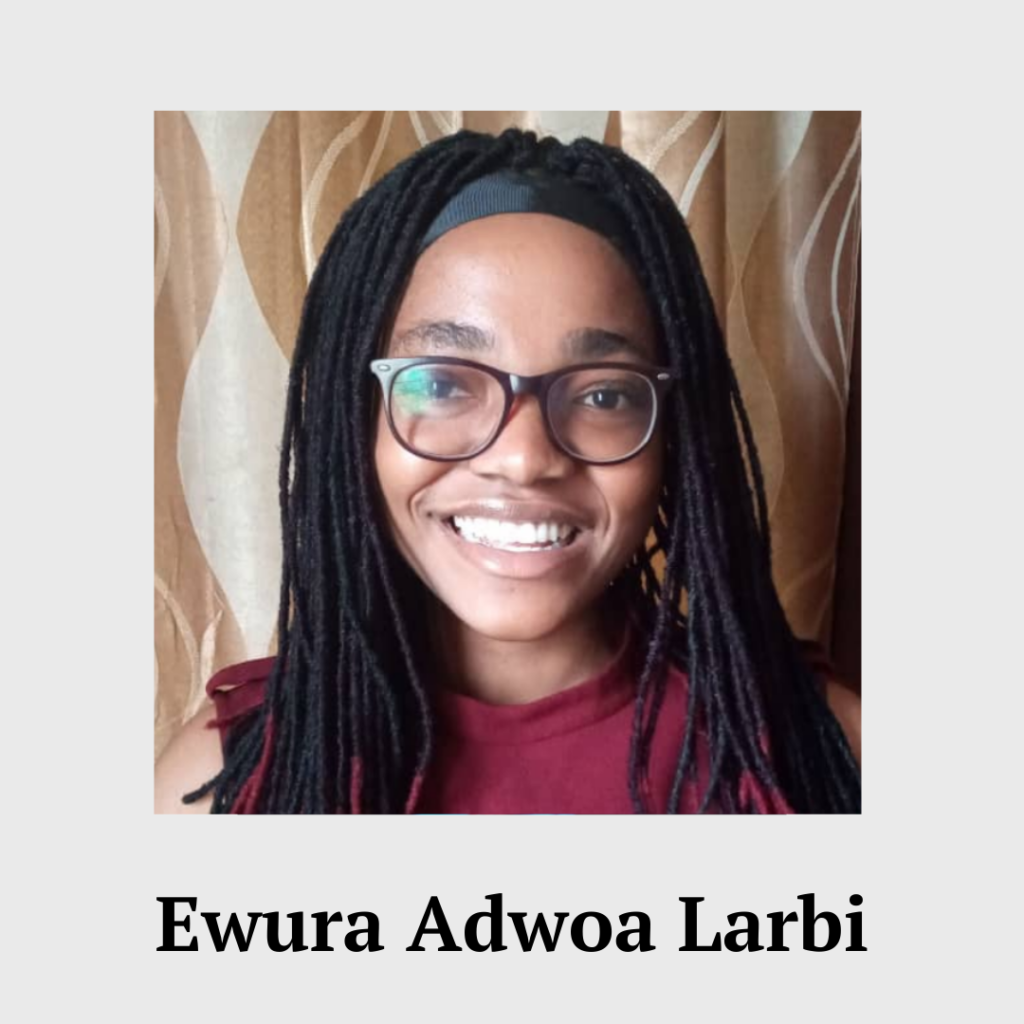
Many initiatives have been undertaken worldwide to combat climate change and its effects but there is a greater need for climate justice is crucial. An often overlooked area, climate justice highlights the ethical, political and social justice issues connected to climate change and climate action. Through the work of forward-thinking individuals such as Fiji’s Lavetanalagi Seruiraduvatu, greater attention is being paid to climate justice. 21-year-old correspondent from Ghana, Ewura Adwoa Larbi spoke to one of the twenty finalists in the 2022 Commonwealth Youth Awards, Lavetanakegi Seruiraduvatu about his climate justice activism.
Lavetanalagi Seruiraduvatu is an indigenous I-taukei who grew up in the coastal communities of Fiji. His childhood in his Pacific island home has fuelled his passion for climate action and nature conservation.
“We were taken care of by our uncles and aunties in the village, so we grew up in a very resourceful intercoastal community and it was there that I had my first exposure to sea-level rise.”
In high school, Lavetanalagi learnt about global warming and its connection to rising sea levels. This fuelled his zeal for conservation which he expressed through creative writing and performing at poetry slams.
It was however in 2016 when tropical cyclones devastated the coastal communities in his country that his advocacy for climate justice was heightened.
“80 per cent of the village including my family home was damaged and people struggled for weeks to find food because of damaged farms. It was a very heart-wrenching experience that fueled my climate justice activism,” he said.
In 2018, Lavetanalagi and a friend formed Alliance for Future Generations to build a generation-wide movement of young leaders who contribute meaningfully to sustainable climate efforts in Fiji.
Their aim was to equip the youth at the grassroots with skills and tools that would enable them to mitigate against the expected natural disasters around the coastal areas and food security issues.
Since its inception, the Alliance has worked to drive government policy from the youth perspective. It has also facilitated youth-based activities on the ground which include mangrove planting and coral restoration.
Over 300 children from poor families have benefitted from educational materials from the alliance, and hundreds of young leaders have been trained in areas such as climate action and food security. Additionally, the organisation has fostered peace and understanding between youth in the Pacific region from different racial and ethnic backgrounds.
Lavetanalagi’s organisation has also been addressing the discriminatory effects of climate change and climate policy on certain groups of people.
Meanwhile, marginalized groups like the LGBTQI community have benefitted from Lavetanalagi’s work. He noted that members of this community were being blamed for causing natural disasters because of their “sinful” ways.
Lavetanagi is now the Regional Policy Coordinator for the Pacific Islands Climate Action Network International, as well as the Coordinator for the Alliance for Future Generations. His advocacy for climate justice continues to be inclusive and his approach, holistic.
Despite challenges brought on by the COVID-19 pandemic, the Alliance is still making an impact in Fiji. As Lavetanalagi puts it, “We have gradually built a wider network that is growing from strength to strength.”
Lavetanalagi envisions a future where the younger Fijian generation take up their environmental issues directly with stakeholders instead of relying on NGOs such as his to present their problems. He is motivated to help the young people he works with to be more resilient.
Growing up, Lavetanalagi and his family faced financial difficulty and instability. He has this to say to any young person who feel ill-equipped to contribute to the fight against climate change because of their circumstances:
“I didn’t complete my tertiary education and I’ve always shared this with many young people I’ve come across that you don’t really need a degree to make a change. It’s useful but you don’t really need a formal education to make an impact. Learn from indigenous people because most have lived their lives, as part of nature and are synchronized with it…”
“Though there’s negativity and news that brings hopelessness, I believe that there’s still time to make a change”
As a nature enthusiast who loves hiking, swimming and cycling as well as exploring new cultures and people, Lavetanalagi believes in the importance of simplicity in his everyday life.
Photo Credits: Lavetanalagi Seruiraduvatu
About Ewura Adwoa Larbi: I’m a tertiary student studying animal biology and conservation science. My passions include nature and human and animal interactions.
